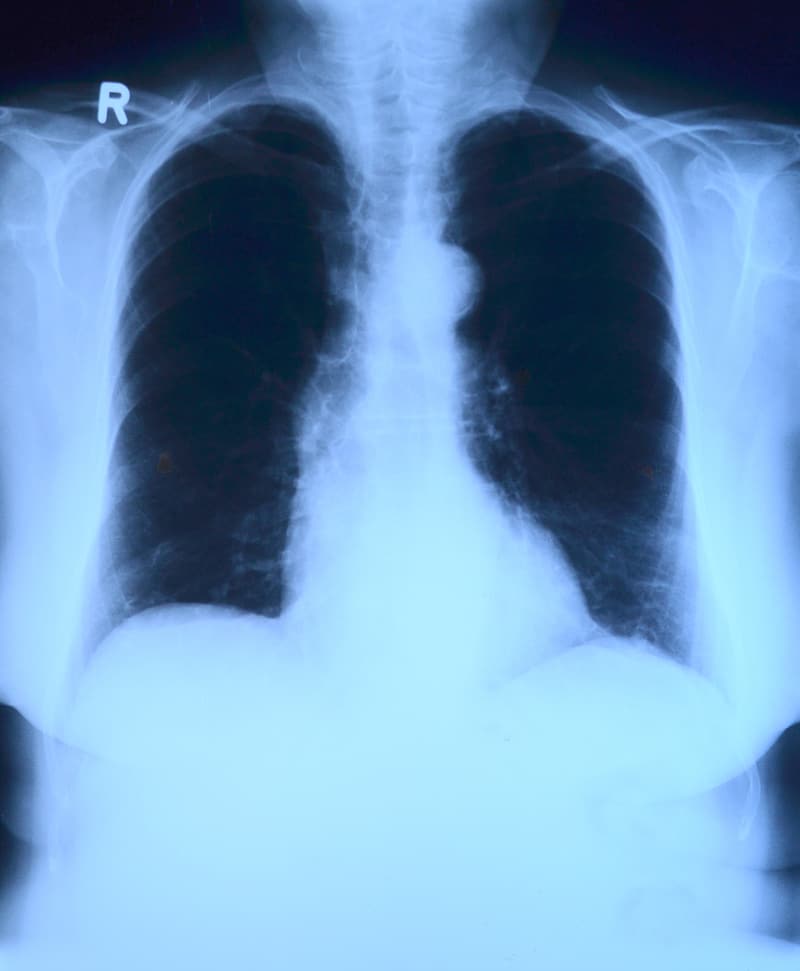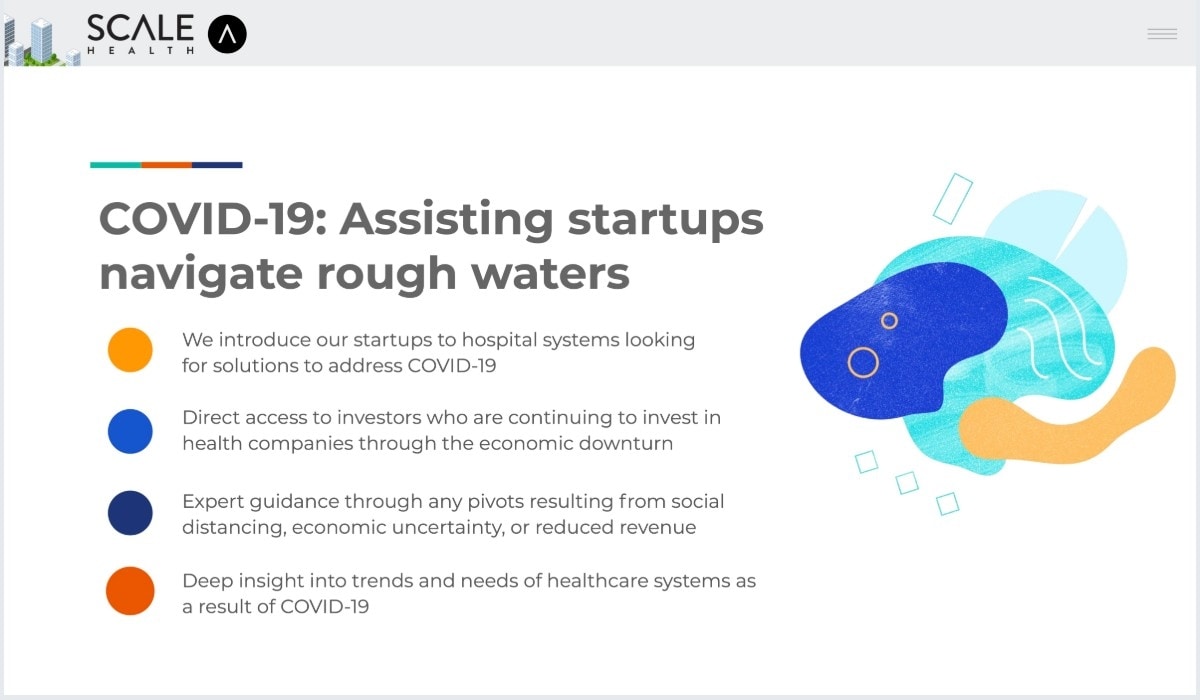ARTICLE SUMMARY:
Excerpts from the latest coronavirus analysis in MedTech Strategist, Market Pathways, and the Community Blog. Our coronavirus coverage is free to all—click the links to read full articles
COVID Diagnostic Testing Ramp-Up Meets Reality
Because of COVID-19, two common laboratory technologies, PCR and serology are now ordinary dinner table conversation, and we know more about the epidemiology of “flattening the curve” than many healthcare providers did a few months ago. The public is clamoring for more tests, and regulatory authorities are responding.
 Under the FDA’s expedited Emergency Use Authorization pathway, a wide range of large and small diagnostics companies are getting clearances for their products in record time, providing key tools in the high-stakes race to solutions for the pandemic that has put the world on pause.
Under the FDA’s expedited Emergency Use Authorization pathway, a wide range of large and small diagnostics companies are getting clearances for their products in record time, providing key tools in the high-stakes race to solutions for the pandemic that has put the world on pause.
But it’s one step to enable rapid FDA review and another to ensure a robust infrastructure to go with newly approved tests. Although more tests are on the market, much confusion remains on how and when they will get where they are needed and to what extent they will satisfy demand, let alone optimize the information flow. From a business perspective, test suppliers aren’t guaranteed a profit. Although the first-quarter earnings calls beginning in mid-April may shed some light on the economics of testing, the devil is in the details.
An extraordinary virtual meeting of top policy experts, diagnostics industry executives, and government officials organized by the Duke-Margolis Center for Health Policy on March 31 highlighted key bottlenecks and the realities of expanding testing rapidly, even in an environment that is as accepting of disruption as this one.
Posted on MedTech Strategist, April 15, 2020
The War Against COVID-19: Tips for Medtechs Seeking Contracts from the US Military
Military medicine is on the front lines of the US COVID-19 response. In addition to providing staff to support local healthcare systems, the military is working in partnership with other federal agencies to develop diagnostic technologies, as well as future treatments and vaccines to fight this and other public health threats.
Innovative medical technologies are being developed for military populations through the recruitment efforts of organizations such as the Medical Technology Enterprise Consortium, an, an international, non-profit partnership of leading bioscience experts, medical technologists, innovative small companies, and research universiti es. MTEC is entering its fifth year of a 10-year Other Transaction Agreement with the US Army Medical Research and Development Command, intended primarily for offering contract awards for innovative medical technologies that can serve the US military.
es. MTEC is entering its fifth year of a 10-year Other Transaction Agreement with the US Army Medical Research and Development Command, intended primarily for offering contract awards for innovative medical technologies that can serve the US military.
Currently, MTEC is seeking solicitations for partnerships and contract awards for companies that have developed novel technologies, devices, and approaches for the detection of exposure, prevention, containment, and treatment of COVID-19 and future emerging threats, says William Howell, the organization’s Chief Operating Officer, in an April 1 interview with Market Pathways.
MTEC awarded about $79 million worth of contracts in 2019 as part of this initiative, and it plans to increase this amount in 2020. It is funded by private support as well as the US government including, most recently, money from the $8.3 billion coronavirus spending bill that was signed into law in early March, and from the $2.3 trillion pumped into the US economy in early April by the Federal Reserve.
Posted on Market Pathways, April 16, 2020
Imaging Sector Seeks FDA Flexibility Amid COVID-19 Demands for Portable Systems
Much public attention has appropriately been directed at clearing government red tape to increase supplies of tests, ventilators, and PPE in response to the pandemic, but there has also been a surge in demand for certain medical imaging equipment, particularly of the mobile variety. Imaging firms want FDA to cut them some slack to help meet emergency needs.
Imaging equipment is not facing quite the level of supply pressure, but the current crisis has elevated the need, in particular, for more portable equipment, including X-rays, CT, and ultrasound machines. Hospitals are desperately redeploying resources, both within their traditional walls and into ad hoc temporary facilities to manage the exploding patient load.
 To meet those needs, imaging companies are converting more of their equipment from stationary to mobile devices, and that switch requires an OK from FDA. It may not require an emergency use authorization, the specialized pathways that has been employed for dozens of tests, as well as ventilators and PPE, but imaging stakeholders say the agency should give some regulatory consideration to these tools.
To meet those needs, imaging companies are converting more of their equipment from stationary to mobile devices, and that switch requires an OK from FDA. It may not require an emergency use authorization, the specialized pathways that has been employed for dozens of tests, as well as ventilators and PPE, but imaging stakeholders say the agency should give some regulatory consideration to these tools.
“Typically, when a company converts a device from a static device, which is held in place in a room in a healthcare facility, to something that is more mobile, like what would be in a tractor trailer, there is some paperwork and documentation associated with that,” explained Peter Weems,director of Policy & Strategy for the Medical Imaging & Technology Alliance (MITA), in an interview. “We want to make sure we can deliver any devices that are needed to those facilities as quickly as possible. So greater flexibility in doing that documentation would definitely expedite that process.”
MITA recently penned a letter to FDA making that very request. The agency has acknowledged receipt of the letter, Weems said, but the industry group, who members include GE Healthcare, Siemens Healthineers, Philips, and the broader range of imaging companies, is still awaiting more details from the agency about what can be done.
Posted on Market Pathways, April 15, 2020
The Time for Harmonization is Now
If this global pandemic is not a shot in the arm to medtech global harmonization efforts, then what will be?  A pandemic by its very nature is a shared problem faced by a large swath of the globe all at once. The world is looking to the tools of medtech to help resolve it. But as the virus sweeps around the globe, these tools, including diagnostic tests and other technologies, are disparately deployed country-by-country, leading to delays and inefficiencies that escalate the crisis.
A pandemic by its very nature is a shared problem faced by a large swath of the globe all at once. The world is looking to the tools of medtech to help resolve it. But as the virus sweeps around the globe, these tools, including diagnostic tests and other technologies, are disparately deployed country-by-country, leading to delays and inefficiencies that escalate the crisis.
While the World Health Organization has been a prominent global voice, and played an important role, for instance, in validating an initial COVID-19 test, it is has become abundantly clear that there is no shared global strategy for bringing medtech to bear on this most challenging of healthcare challenges. There are multiple modes of government failure that have led to our current predicament, and many of them fall above the pay grade of a medtech regulator. But COVID-19 puts into stark relief how a framework that more readily allows assessment of medical devices and diagnostics performed in one country to be trusted in other countries would help a great deal.
Posted on the Community Blog, April 14, 2020
ScaleHealth Scales Up Hope Amid Coronavirus Outbreak
 Los Angeles-based ScaleHealth, now in the midst of a rebranding (it was formerly known as ScaleLA), is a healthcare innovation ecosystem designed to connect innovators with strategic resources and partnerships in an effort to help them scale and grow their organizations. Undeterred by COVID-19 and its impact, the company has expanded to its newest location, Orange County, California – a growing hub of medical devices and diagnostics – along with its partner The Innovation Institute. ScaleHealth is currently working with over 100 companies, 50 investment funds, 25 hospitals, advisors, insurers, universities and a number of local, state, and federal government agencies. Right now, its primary focus is COVID-19 and how to best support its Scale Family who are either impacted by the Coronavirus or directly involved in combating it. We look at how its member companies are fighting the pandemic.
Los Angeles-based ScaleHealth, now in the midst of a rebranding (it was formerly known as ScaleLA), is a healthcare innovation ecosystem designed to connect innovators with strategic resources and partnerships in an effort to help them scale and grow their organizations. Undeterred by COVID-19 and its impact, the company has expanded to its newest location, Orange County, California – a growing hub of medical devices and diagnostics – along with its partner The Innovation Institute. ScaleHealth is currently working with over 100 companies, 50 investment funds, 25 hospitals, advisors, insurers, universities and a number of local, state, and federal government agencies. Right now, its primary focus is COVID-19 and how to best support its Scale Family who are either impacted by the Coronavirus or directly involved in combating it. We look at how its member companies are fighting the pandemic.
Posted on the Community Blog, April 15, 2020
![]() Trial MyStrategist.com and unlock 7-days of exclusive subscriber-only access to the medical device industry's most trusted strategic publications: MedTech Strategist & Market Pathways. For more information on our demographics and current readership click here.
Trial MyStrategist.com and unlock 7-days of exclusive subscriber-only access to the medical device industry's most trusted strategic publications: MedTech Strategist & Market Pathways. For more information on our demographics and current readership click here.
